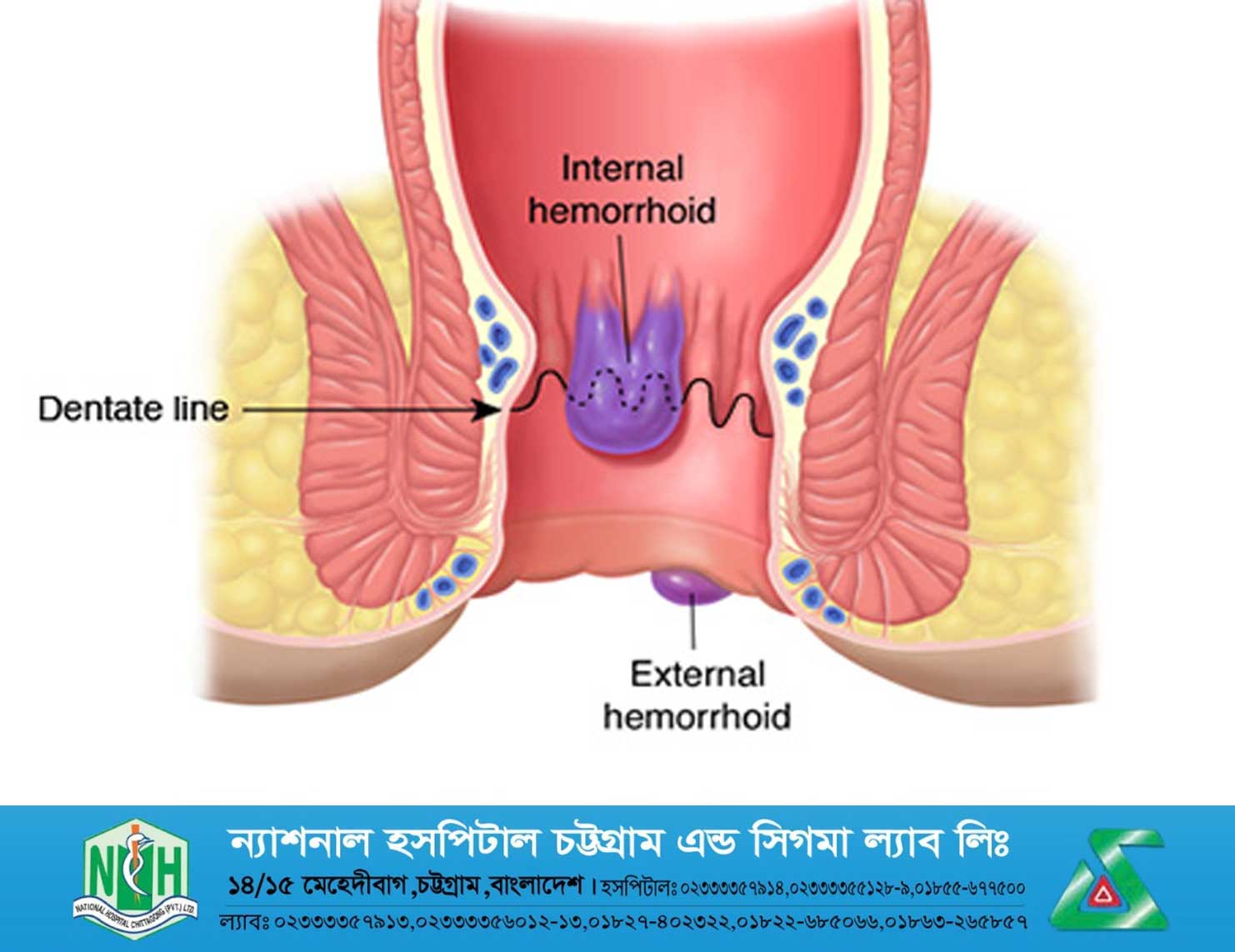Piles Treatment in Bangladesh

What is Piles?
Piles, medically known as haemorrhoids, refer to the presence of swollen blood vessels in and around the anal region. They can cause discomfort and various symptoms, impacting daily life. Understanding the signs, symptoms, and effective treatment options for piles is crucial for those affected.
Piles Treatment in Bangladesh
In the dynamic healthcare landscape of Bangladesh, managing and treating piles is a priority for individuals seeking relief. Home remedies play a role, including dietary adjustments like increased fluid intake and fibre consumption. Over-the-counter treatments, like creams and cold packs, offer symptomatic relief.
When to Seek Professional Help?
Consulting a pharmacist or general practitioner is essential for persistent or worsening symptoms. If symptoms persist or worsen after seven days of home treatment, seeking the guidance of a healthcare professional is crucial.
Non-urgent Situations: Consulting with a general practitioner is recommended if symptoms persist, especially if there's a recurring issue. A GP may prescribe more vital medicines or offer guidance to manage constipation, a common pile contributor.
Urgent Situations: In critical scenarios where symptoms escalate, such as a high temperature, pus leakage, or overall unwell feelings, seeking immediate medical attention is imperative. Urgent GP appointments or contacting NHS 111 can provide timely assistance.
Hospital Treatment for Piles
When home treatments show limited improvement, hospital treatments become a consideration. Various non-surgical interventions are available, such as rubber band ligation, sclerotherapy, electrotherapy, and infrared coagulation. These procedures aim to reduce the size of piles and alleviate symptoms.
Surgical Solutions: For cases requiring surgical intervention, procedures like haemorrhoidectomy, stapled hemorrhoidopexy, and haemorrhoidal artery ligation may be recommended. These surgeries involve the removal or reduction of piles and are performed under anaesthesia.
Piles Treatment at Pristyn Care
In Bangladesh, Pristyn Care offers advanced and USFDA-approved laser surgery for piles, known as laser hemorrhoidectomy. This minimally invasive procedure is conducted as a daycare treatment under local anaesthesia. The laser effectively burns and shrinks haemorrhoids without incisions, resulting in minimal bleeding and a quicker recovery. Patients can typically resume their normal activities within a few days.
What are the common symptoms of piles?
Symptoms of piles include bright red blood after bowel movements, an itchy anus, a persistent feeling of needing to go to the toilet, mucus in underwear or on toilet paper, noticeable lumps around the anus, and pain in the anal region.
How can I manage piles at home?
Managing piles at home involves maintaining soft stools by staying hydrated and consuming adequate fiber. Using damp toilet paper, warm baths for itching and pain relief, and avoiding excessive straining during bowel movements are helpful home care practices.
When should I seek urgent medical attention for piles?
Urgent medical attention is necessary if you experience a high temperature, pus leakage from piles, or an overall unwell feeling. In such cases, asking for an urgent GP appointment or contacting NHS 111 for immediate assistance is recommended.
In conclusion, understanding the nature of piles, recognizing symptoms, and exploring appropriate treatments, including advanced options like laser hemorrhoidectomy at Pristyn Care, empower individuals to address and alleviate the discomfort associated with this common condition. Don't let piles interfere with your quality of life – explore effective treatment options tailored to your needs.
